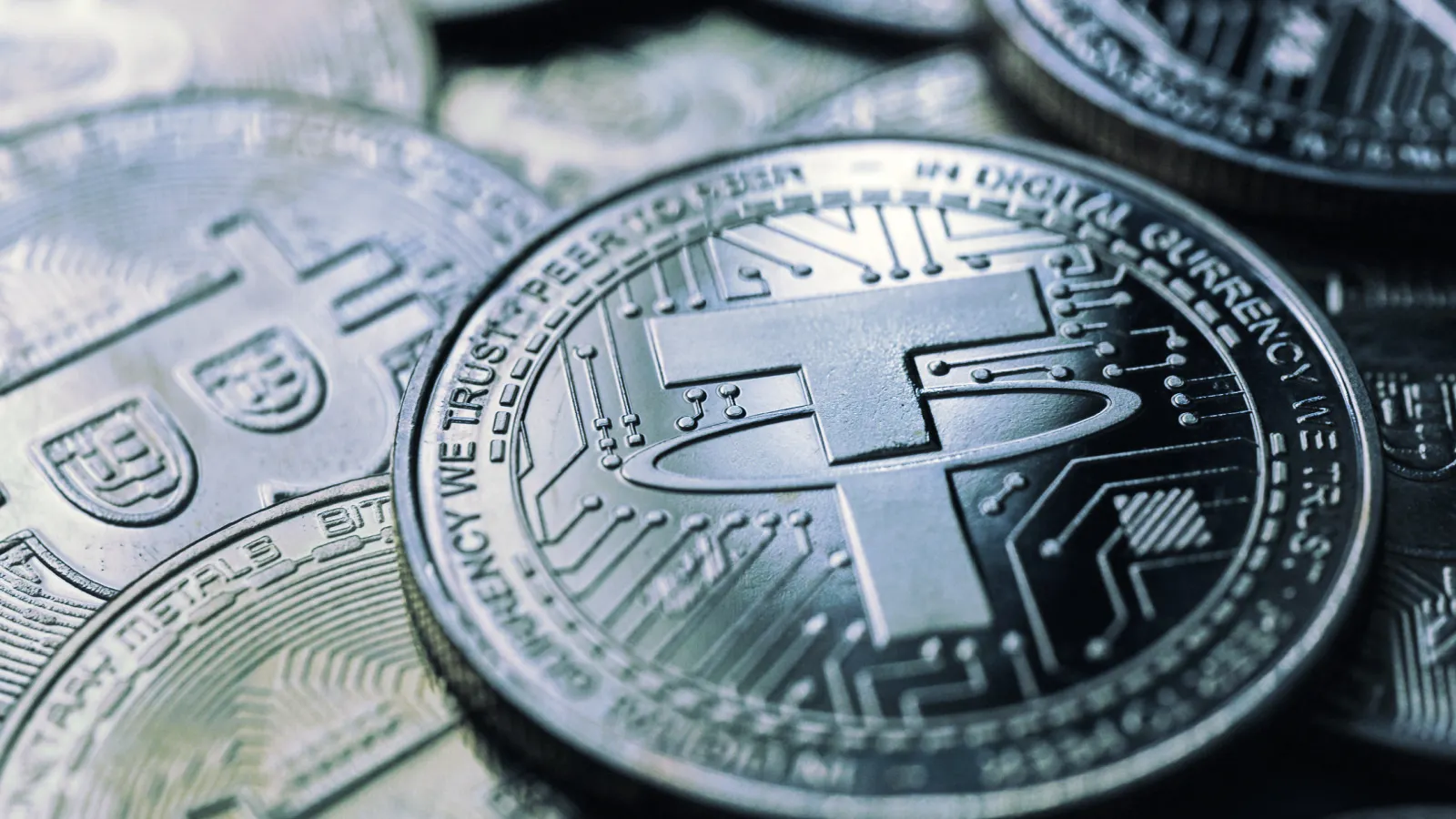Crypto exchange Binance and its CEO pleading guilty to money laundering charges sheds new light on why the company may have been moving billions worth of stablecoins in the weeks before the settlement was finalized.
A $3.9 billion Tether (USDT) transaction, completed on November 9, is uncannily close in value to the $4.3 billion penalty that Binance agreed to pay as part of its settlement.
Most of the money moved out of one Binance cold wallet (Binance-Cold 2) into another of its wallets (Binance 3). The cold wallet currently holds $6.6 billion worth of funds—$4 billion of it in USDT and the rest in various stablecoins like Decentralized USD (USDD), USDC, and TrueUSD (TUSD).
Meanwhile, the destination wallet now holds $3.2 billion in assets, most of it Tether’s USDT stablecoin. Binance has previously described its cold wallets as responsible for holding the bulk of company funds.
It’s unclear if Binance intends to use these funds to make good on the U.S. government’s fine, or if the company plans to redeem the USDT for U.S. dollars or another fiat currency. Binance did not immediately respond to Decrypt’s request for comment.
A majority of the 88.3 billion USDT tokens currently in circulation are issued on the Tron blockchain as TRC-20 tokens. Tether has a checkered history and is a controversial yet crucial player in the cryptocurrency market.
Binance moved $3.9 billion $USDT from its cold to hot wallets a few days ago.https://t.co/AY4gS9wlIS pic.twitter.com/QnnWKwChsC
— ChainArgos (@ChainArgos) November 13, 2023
Stablecoins account for the majority of trading volume in crypto and are used by traders to enter and exit trades without the need to touch a fiat currency, such as the U.S. dollar. And Tether is easily the largest stablecoin in the industry.
Its $88 billion worth of tokens in circulation account for 6% of the global crypto market capitalization. Its next closest competitor, USDC, has a $24 billion market cap. But Tether has been under scrutiny from U.S. regulators for years.
In 2021, the company paid $18 million to settle an investigation into whether it really held $1 in fiat to back every one of the tokens it had issued. Even before the investigation, detractors claimed there was no way Tether had enough cash to back the billions in new tokens it mints in the blink of an eye. Tether has consistently denied such claims as unfounded fear-mongering, though the company has yet to produce a full, independent audit.
More recently, Tether said it was cooperating with authorities to freeze $225 million believed to be tied to human trafficking.
how do the truthers react if the US government accepts $4b in USDT as payment for the fine
— nic 🌠 carter (@nic__carter) November 20, 2023
The USDT transfer occurred shortly before Binance and its CEO Changpeng Zhao agreed to pay $1.8 billion in criminal fines related to federal charges. An additional $2.5 billion will be forfeited, with $1.6 billion going towards resolutions with the CFTC, FinCEN, and OFAC.
As part of the settlement, Zhao pleaded guilty to charges and stepped down from his CEO position. The settlement closes years-long investigations that had been underway by U.S. authorities related to Binance's regulatory compliance and anti-money laundering controls.

